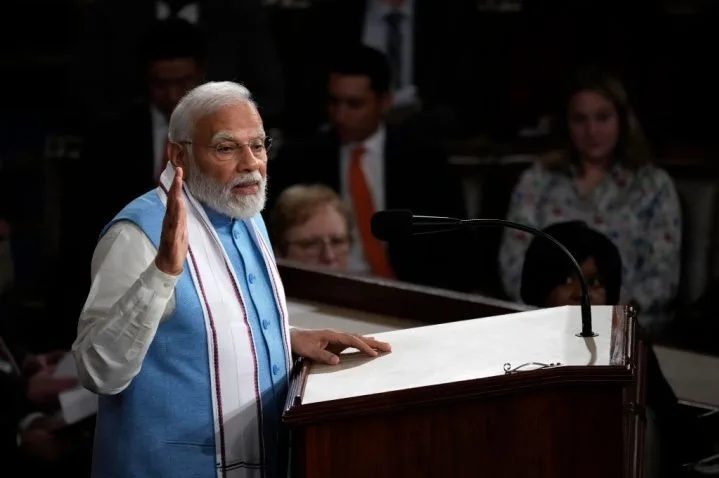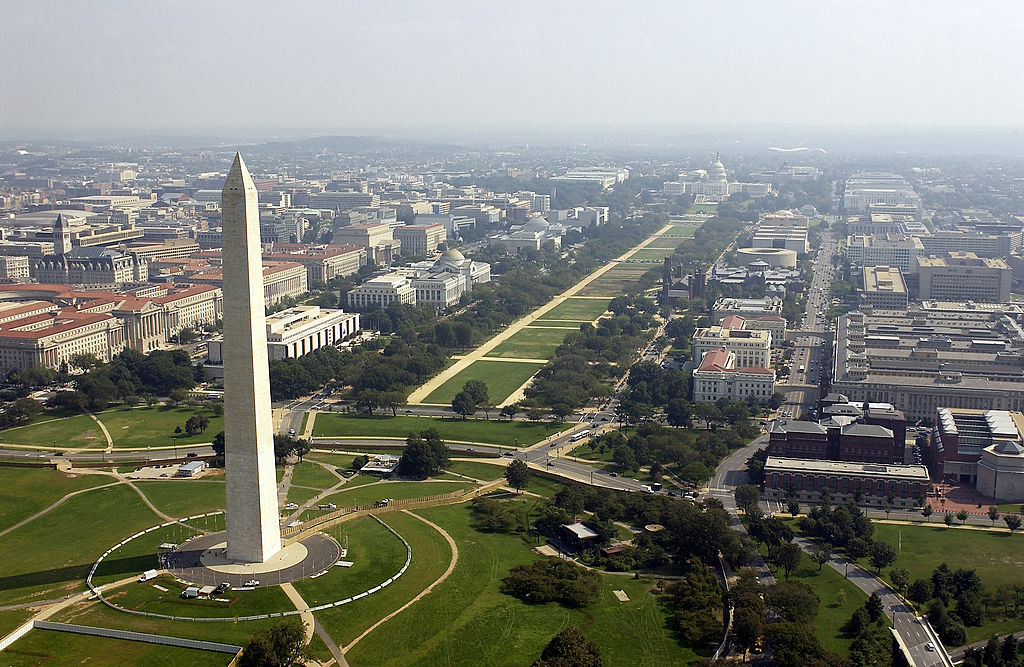Anurag Thakur, India’s information and broadcasting minister, is hopping mad about a sex scene in Christopher Nolan’s new blockbuster film Oppenheimer. The offending segment shows Cillian Murphy, who plays the physicist J. Robert Oppenheimer, reciting a famous line from the sacred Hindu scripture the Bhagavad Gita while making love. “I am become death, destroyer of worlds,” he declares, the same words he reportedly used after the first atomic bomb was detonated in 1945.
The angry minister, turned film critic, wants the scene cut from the movie because he deems it disrespectful to Hindus and their faith. The Gita is revered among Hindus and its teachings are passed down through the generations, largely through word of mouth.
Thakur is far from alone in his censorship demands. Hashtags such as #BoycottOppenheimer and #RespectHinduCulture quickly began trending on social media.
Uday Mahurkar, a senior official at the government’s Central Information Commission, wrote an open letter on Twitter complaining to the film’s director, Christopher Nolan. The letter, entitled “Oppenheimer’s disturbing attack on Hinduism,” accused the film of “a direct assault on religious beliefs of a billion tolerant Hindus… and waging a war on the Hindu community.” He demanded the film’s director censor his own work.
A sense of perspective is clearly not one of Mahurkar’s strong points. All in all, it amounts to a ridiculously overblown reaction to one minor scene in a film that is three hours long. It is also a blatant and sinister attempt by India’s ruling politicians to impose film censorship under the guise of religious offense for which they have appointed themselves both judge and jury.
This is despite all signs pointing to the fact that Indian film fans are rushing to see the film, apparently oblivious to any offense, religious or otherwise. It has been a huge box office success since opening last Friday, generating more than $7.3 million in ticket sales.
In any democracy worthy of the name — and India routinely claims to be “the world’s largest democracy” — politicians should have no right to take it upon themselves to decree what is suitable content for a film or what might cause offense to cinema goers. It could just as well be argued that that controversial sex scene could prompt renewed interest in the Bhagavad Gita among film fans everywhere.
Oppenheimer, who died in 1967, was widely known to have been drawn to Hinduism and its teachings, a fact he emphasized in various interviews over the years. He was a polyglot and polymath who taught himself multiple languages, including Sanskrit, the sacred language of Hinduism. Cillian Murphy, in interviews given ahead of the film’s release, spoke of reading the Gita in preparation for the role. “I thought it was an absolutely beautiful text, very inspiring,” he said in one interview. This hardly amounts to disrespect towards Hindus or their religious faith.
The confected row over the Oppenheimer film reveals a disturbing pattern of religious intolerance under Prime Minister Narendra Modi. During his nine years in power there have been a series of carefully orchestrated campaigns aimed at films, television shows and even adverts that meet with official disapproval on dubious religious grounds. The “outcry” is often first whipped up on social media before spreading elsewhere.
Disputes over religious faith are being weaponized by unscrupulous political actors. In 2020, Netflix faced a backlash in India involving its drama series A Suitable Boy, over a scene that depicted a Hindu woman and Muslim man kissing at a Hindu temple. Can a mere kiss in a work of fiction be cause enough for widespread displeasure?
In the same year, an Indian jewelry brand pulled an advert depicting a Muslim family with their Hindu daughter-in-law after widespread criticism. Really? It is pathetic for a country with pretensions of being a force on the international stage.
Sweeping censorship powers are also being used to block films that raise contentious political issues. Earlier this year a documentary film exploring Modi’s alleged role in the 2002 communal riots in Gujarat was banned by the authorities under emergency powers introduced two years ago.
This is all part and parcel of the growing assault on free speech and basic democratic rights in India. The truth is that the Oppenheimer film’s only real offense, religious or otherwise, is to have incurred the displeasure of India’s all-powerful ruling politicians and the hardline religious groups who are their allies.
This article was originally published on The Spectator’s UK website.

























